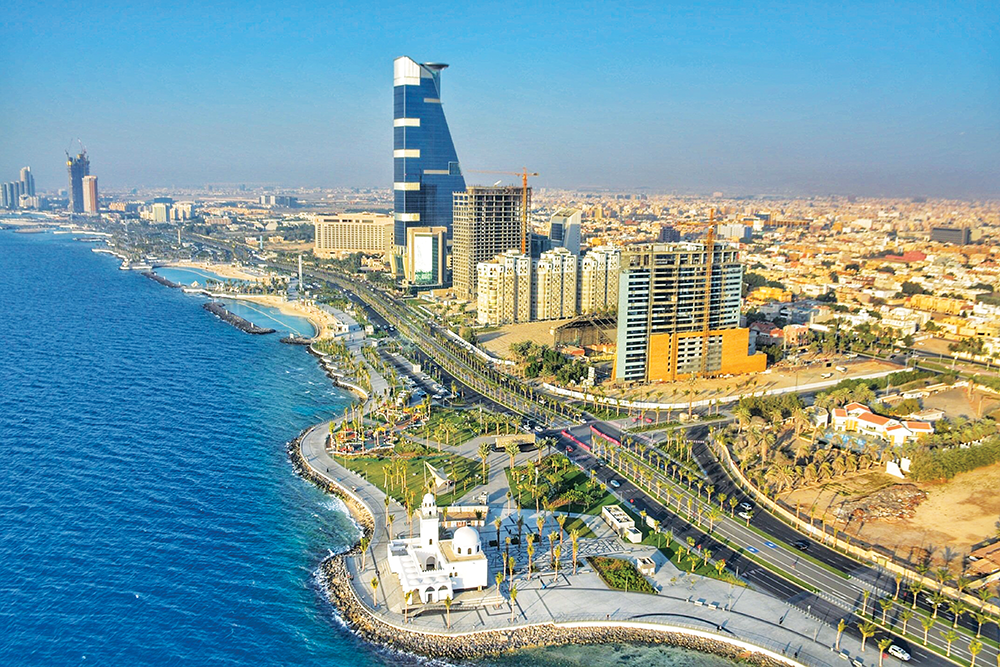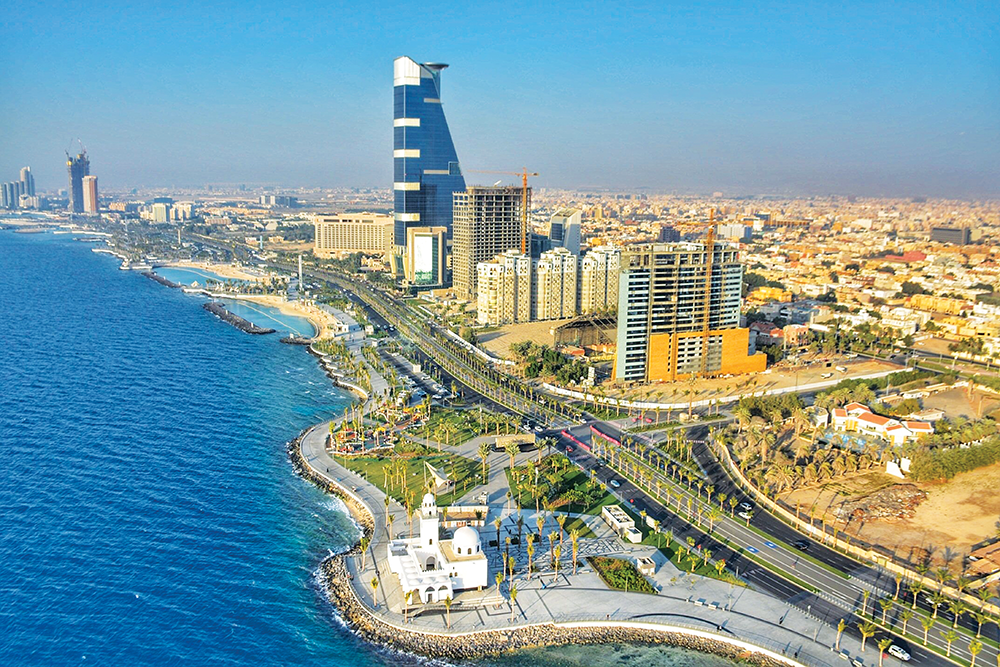RIYADH: Foreign investment in Saudi Arabia passed the SR2 trillion ($0.53 trillion) mark for the first time at the end of 2020, despite the financial impact of the COVID-19 pandemic.
The total value of investments from overseas rose 9 percent year-on-year, or SR173.3 billion, in 2020, from SR1.833 trillion at the end of 2019, according to data from the Saudi Central Bank (SAMA).
Fadhel Al-Buainain, a member of the Shoura Council, said that the milestone was remarkable and reflected the attractiveness of the Saudi market. He attributed the growth to the success of government programs designed to diversify the investment opportunities on offer and the legislative processes put in place to support and nurture the Kingdom’s investment ecosystem.
Al-Buainain, who is also a member of the board of directors of the Saudi Financial Association, said the fact that the government was able to attract SR173.3 billion in investment during a global pandemic when travel and movement was restricted and there was a strain on government and corporate reserves was a ringing endorsement of the Kingdom’s handling of the crisis.
“Certainly, foreign capital is looking for opportunities in emerging markets . . . especially the Saudi market, which provides investment opportunities, safety and rewarding returns, in addition to important partnerships in major global pioneering projects,” Al-Buainain said.
He added that the opportunities were a result of the progress made as part of the Vision 2030 program and the partnerships led by the sovereign wealth fund, the Public Investment Fund.
Talat Zaki Hafiz, an economist and financial analyst, said that the increase in capital flowing into Saudi Arabia was due to “the significant improvement in the investment environment in the Kingdom.” This was a result of “the upgrading of a number of investment laws,” he said.
In addition, Hafiz said that the announcement of a number of big projects by the government, such as The Line, and projects related to clean and renewable energy, had attracted the attention of global investors.
“The announcement of the SR27 trillions ($7 trillion) that will be spent by the government over the coming 10 years has attracted the attention of foreign investors,” Hafiz said. “I believe the decision of the government to diversify its economy away from oil has created huge investment opportunities to foreign and local investors.”
The Ministry of Investment of Saudi Arabia (MISA) issued 466 foreign investor licenses in the fourth quarter of 2020, the highest number of licenses recorded in a quarter since 2005. This represented a 52 percent rise compared to the previous quarter and a 60 percent increase over the same period in 2019.
Hafiz said that this was helped by Saudi Arabia improving “significantly” in the World Bank’s Doing Business 2020 report, moving up 30 points to 62 in the latest rankings.
“Saudi Arabia’s impressive reforms in doing business this year show its commitment to fulfilling a main pillar of its National Vision 2030 — a thriving economy,” Issam Abousleiman, World Bank regional director of the Gulf Cooperation Council (GCC), said in October.
“Easing the business climate for local entrepreneurs to thrive as well as foreign investors to work in the Kingdom shows a forward path to creating more jobs for Saudi youth and women, and creating sustainable, inclusive growth.”
Saudi Arabia made its biggest improvement in the area of starting a new business. According to the World Bank, it now costs only 5.4 percent of income per capita to start a business in the Kingdom, compared to the average across the Middle East and North Africa of 16.7 percent.
“One of the most important factors that attracted foreign investors is the issuance of new legislation and amendments in some existing legislation,” according to Ayed Alblaihshi, a municipal investment specialist.
According to the World Bank report, some of the reforms that had a big impact were making it easier to get a construction permit online, the streamlining of the provision of electricity supplies, loosening up access to credit, making it easier to export and import goods and making the insolvency rules much clearer.
Alblaihshi said the fact that the growth was not confined to any specific sector was a tribute to the government’s goal to diversify the economy away from a reliance on a small number of areas, such as hydrocarbons.
“This confirms and strengthens the continuation of confidence in the local market to attract foreign investments during the next period, in order to achieve the goals of Vision 2030,” he said.

Foreign investment licenses in Saudi Arabia rise 60% in the last quarter of 2020Saudi Arabia benefits from boost in foreign investment

